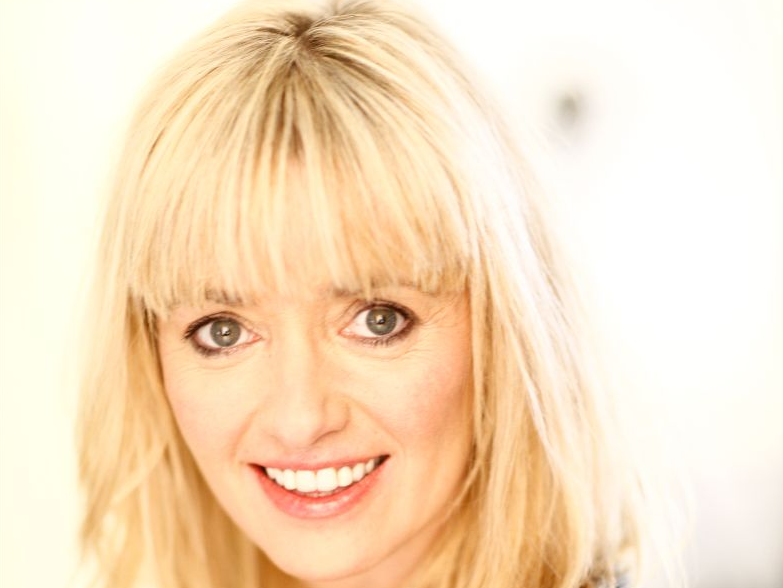
The new leader of the Society of Editors has told journalists of colour who complained about its public statements on diversity that it is “determined to lead from the front” to make UK newsrooms more diverse.
Dawn Alford (pictured) took up the role of executive director last month and said it has since been her “priority to listen and understand” what is being done around industry diversity and what more there is to do.
She has held several meetings, including with Haroon Siddique, who organised an open letter signed by more than 120 journalists of colour critiquing the Society’s ongoing response, and with Joseph Harker and Brendan O’Grady who shared the views of the Guardian.
In March the Society published a statement, signed off by its then-executive director Ian Murray, categorically stating the UK media “is not bigoted” in response to criticism from Prince Harry.
The Society published a “statement of clarification” and Murray resigned, but the open letter decried what it described as a lack of “genuine commitment to atoning for its insulting and ham-fisted blanket denial of racism”.
The letter went on: “Without admitting that racism exists and retracting their previous missive, the Society of Editors are denying the lived experiences of journalists of colour as well as those who have had unfavourable media coverage purely because of the colour of their skin.
“Instead the society seems to have taken a stance of offering a few crumbs in the hope that it will douse the anger it provoked.”
In a response sent this week, Alford said the Society’s initial statement has now been removed from its website in what it considers to be a “formal withdrawal”.
Alford (pictured) said: “That statement didn’t accurately reflect the complex, challenging and changing processes that all society – including the media – is experiencing.
“It also did not reflect the continuing actions of the Society of Editors to support publishers in improving diversity and inclusion within our industry.”
Alford continued: “We also acknowledge the concerns of journalists of colour who have discussed with us issues they have experienced, whether those problems are due to a lack of diversity in their workplace, career progression to senior levels, or facing hurdles in reporting stories and shaping the news agenda.
“I would like to again affirm that the UK media has a proud record of calling out racism and we also acknowledge that the UK media has never shied away from holding a spotlight up to those in positions of power, celebrity, or influence.
“We are not a watchdog for the industry, but we can ensure that, as a membership organisation, we ignite conversations and offer support to everyone working to improve diversity and inclusion in the newsroom. I would also like to make it totally clear – the Society of Editors is 100% against all forms of racism.”
Alford said the board was in agreement with sentiments shared by Guardian editor-in-chief Katharine Viner and Financial Times editor Roula Khalaf who were among the editors to distance themselves from the Society’s statement in the spring.
Viner said: “Every institution in the United Kingdom is currently examining its own position on vital issues of race and the treatment of people of colour. As I have said before, the media must do the same. It must be much more representative and more self-aware.”
Khalaf said: “There is work to be done across all sectors in the UK to call out and challenge racism. The media has a critical role to play, and editors must ensure that our newsrooms and coverage reflect the societies we live in.”
Alford said the Society’s planned diversity and inclusion hub, designed to share experiences and resources among the industry, would go live in the autumn.
She also pointed to other initiatives from before her arrival, including the establishment of a diversity and inclusion subcommittee, panel discussions on how to improve representation at the top of the industry at last year’s annual conference, and a grant to the Journalism Diversity Fund.
A Guardian spokesperson said in response to Alford’s response and meeting: “Like all institutions, the British media must work much harder to become both more representative and more self-aware on issues of race and the treatment of people of colour.
“This is a welcome response from the new director of the Society of Editors, and we look forward to hearing what more they plan to do in future.”
Email pged@pressgazette.co.uk to point out mistakes, provide story tips or send in a letter for publication on our "Letters Page" blog
